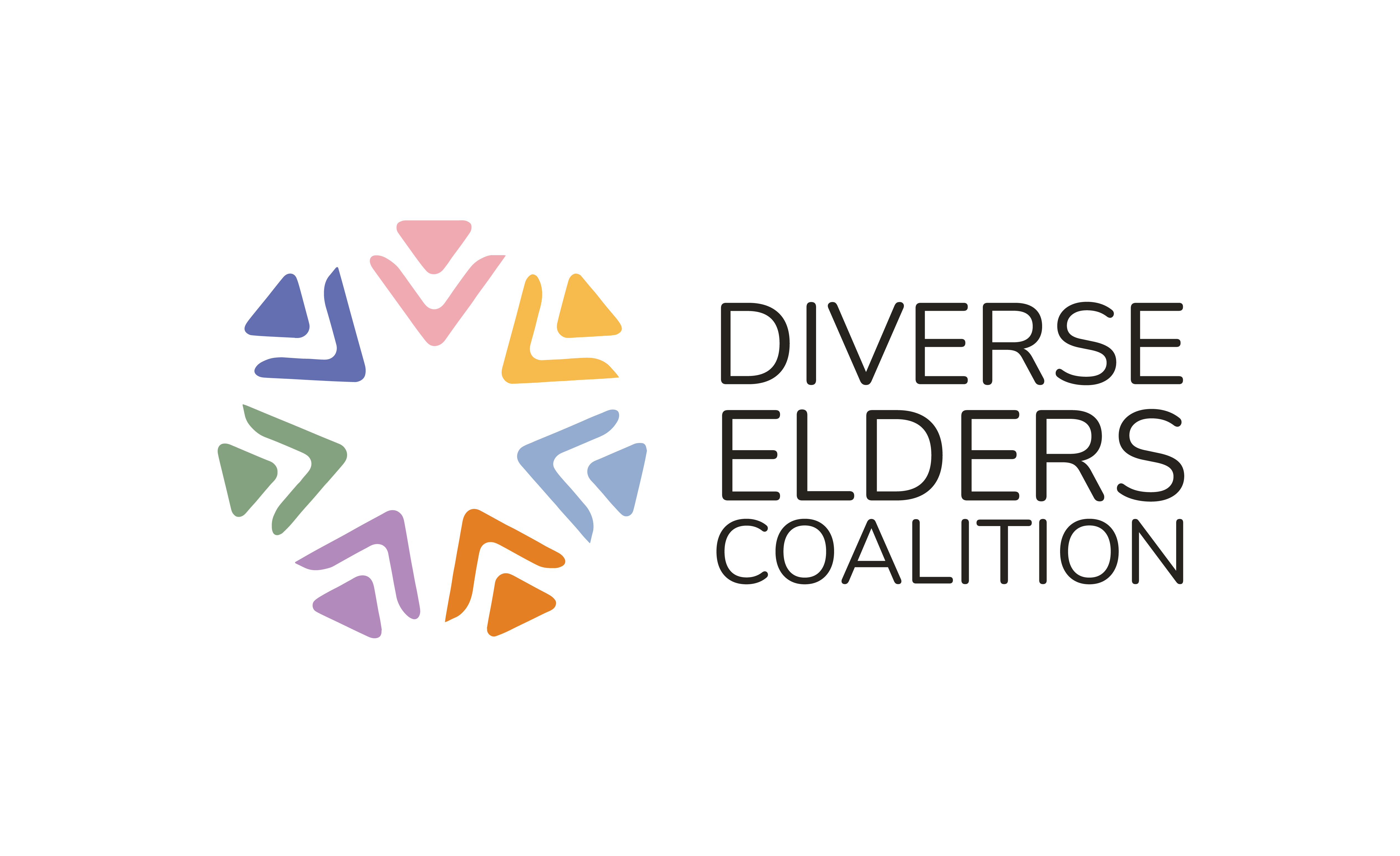The budget reconciliation bill passed by Republicans in Congress and signed into law on July 4th will create deeply harmful impacts to the diverse older adults and caregivers represented by the Diverse Elders Coalition.
As outlined in our Medicaid and SNAP factsheets, the final law expands onerous work requirements for some Medicaid and SNAP recipients and now includes even steeper Medicaid cuts – up to $1 trillion, according to the Center on Budget and Policy Priorities. The nonpartisan Congressional Budget Office (CBO) projects 11.8 million people will lose Medicaid coverage over the next decade, with up to 17 million people without health insurance. Although a $50 billion rural hospital stabilization fund was added to win Senate support, these cuts still threaten care access in rural areas and across the country. According to CBO, the new law also cuts the Supplemental Nutrition Assistance Program (SNAP) by $186 billion in the next ten years (or about 20 percent) – the largest-ever cut to SNAP – by extending work requirements for able-bodied , and includes limits on immigrant eligibility for SNAP and other programs such as Medicaid, Medicare, Affordable Care Act (ACA) subsidies, and Children’s Health Insurance Program (CHIP), potentially putting millions at risk. These changes jeopardize the health and nutrition of millions of people – particularly immigrants, communities of colors, LGBTQ+ people, and people living with disabilities.
The law also imposes restrictions on immigrant eligibility for key safety net programs. It strips access to Medicaid, SNAP, Medicare, CHIP, and ACA subsidies from many lawfully present immigrants—including refugees, asylum seekers, and survivors of trafficking or domestic violence—leaving only a narrow list of groups still eligible. These changes dismantle hard-won protections and deepen systemic barriers to care especially for diverse immigrant communities.
At a time when our nation’s caregiving needs are growing and the population of older adults is becoming more racially, ethnically, and culturally diverse, this law moves all of our communities backwards. Rather than strengthening support for those who care for our older adults, or depend on Medicaid and SNAP to survive, it imposes new barriers, harsher restrictions, and deeper inequities.
The Diverse Elders Coalition calls on state governors and lawmakers – who through no fault of their own must now shoulder more of the financial burden due to these drastic federal cuts – to seek ways to invest in systems of care that uplift all older adults, caregivers and families regardless of their background or immigration status while protecting their dignity, health, and security.

